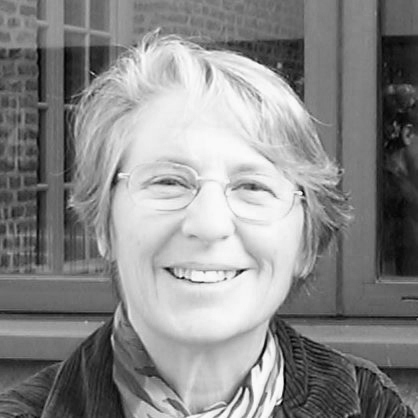cas/definition.php (people or term)

Patsy Healey
Communicative Planning
Patsey Healey has provided a significant contribution to discussions regarding communicative planning and complex systems.
For detailed information about Patsey Healey, please access her wikipedia page here.
Cite this page:
Wohl, S. (2022, 13 June). Patsy Healey. Retrieved from https://kapalicarsi.wittmeyer.io/definition/patsy-healey
Patsy Healey was updated June 13th, 2022.
Nothing over here yet
Navigating Complexity © 2015-2025 Sharon Wohl, all rights reserved. Developed by Sean Wittmeyer
Sign In (SSO) | Sign In
Related (this page): Urban Theory: Key Sources (31), Communicative Planning (18),
Section: people
Non-Linearity Related (same section): Related (all): Urban Modeling (11, fields), Resilient Urbanism (14, fields), Relational Geography (19, fields), Landscape Urbanism (15, fields), Evolutionary Geography (12, fields), Communicative Planning (18, fields), Assemblage Geography (20, fields), Tipping Points (218, concepts), Path Dependency (93, concepts), Far From Equilibrium (212, concepts),
Nested Orders Related (same section): Related (all): Urban Modeling (11, fields), Urban Informalities (16, fields), Resilient Urbanism (14, fields), Self-Organized Criticality (64, concepts), Scale-Free (217, concepts), Power Laws (66, concepts),
Emergence Related (same section): Related (all): Urban Modeling (11, fields), Urban Informalities (16, fields), Urban Datascapes (28, fields), Incremental Urbanism (13, fields), Evolutionary Geography (12, fields), Communicative Planning (18, fields), Assemblage Geography (20, fields), Self-Organization (214, concepts), Fitness (59, concepts), Attractor States (72, concepts),
Driving Flows Related (same section): Related (all): Urban Datascapes (28, fields), Tactical Urbanism (17, fields), Relational Geography (19, fields), Parametric Urbanism (10, fields), Landscape Urbanism (15, fields), Evolutionary Geography (12, fields), Communicative Planning (18, fields), Assemblage Geography (20, fields), Open / Dissipative (84, concepts), Networks (75, concepts), Information (73, concepts),
Bottom-up Agents Related (same section): Related (all): Urban Modeling (11, fields), Urban Informalities (16, fields), Resilient Urbanism (14, fields), Parametric Urbanism (10, fields), Incremental Urbanism (13, fields), Evolutionary Geography (12, fields), Communicative Planning (18, fields), Rules (213, concepts), Iterations (56, concepts),
Adaptive Capacity Related (same section): Related (all): Urban Modeling (11, fields), Urban Informalities (16, fields), Tactical Urbanism (17, fields), Parametric Urbanism (10, fields), Landscape Urbanism (15, fields), Incremental Urbanism (13, fields), Evolutionary Geography (12, fields), Feedback (88, concepts), Degrees of Freedom (78, concepts),
